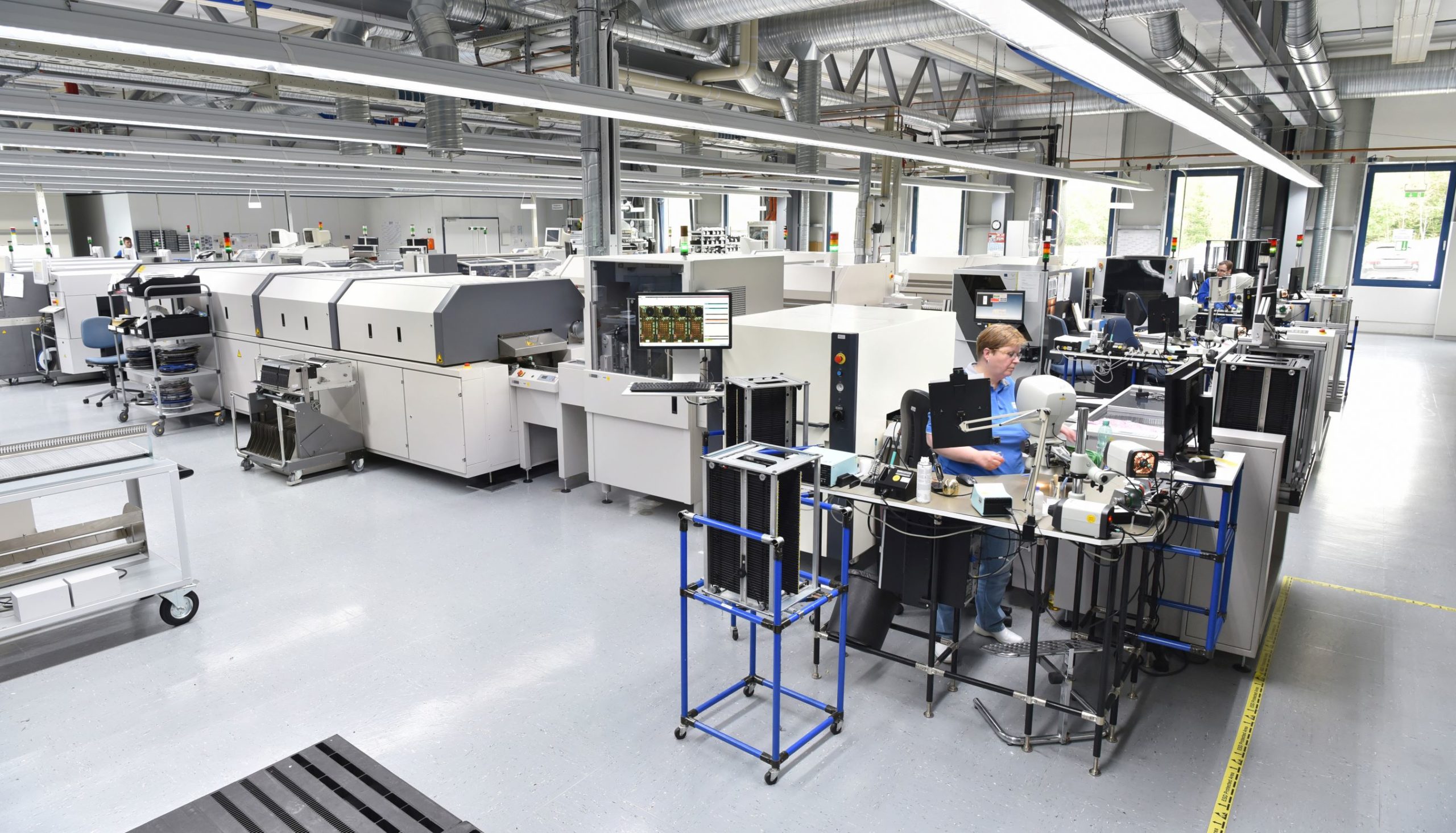We werken samen met Human Resources, Finance en IT om de kwaliteit, snelheid en kosten te verbeteren, zodat uw ondersteunende functies een voordeel kunnen bieden ten opzichte van de concurrentie.
We helpen u snel de bronnen van meerwaarde te identificeren, een plan van haalbare initiatieven te ontwikkelen, dat plan om te zetten in actie en ervoor te zorgen dat de resultaten duurzaam zijn.
We bieden een volledig scala aan mogelijkheden om u te helpen uw doel te bereiken. Onze geavanceerde analyse- en automatiseringsexpertise helpt uw ondersteuningsfuncties om meer waarde uit technologie te halen.
FINANCE
We helpen u een aligned en geïntegreerde financiële functie te ontwikkelen die superieure service en strakke controles levert tegen lagere kosten, waardoor uw financiële team meer tijd kan besteden aan waardevollere, toekomstgerichte activiteiten en minder aan boekhoudkundige en transactionele taken.
We werken met u samen om snel kansen te identificeren om de service te verbeteren, de controles te versterken en de kosten te verlagen door middel van Intelligente Automatisering. Om uw resultaten op lange termijn te behouden, ontwikkelen we de vaardigheden van uw mensen. Met onze Operational Performance Builder®-methode bevorderen we een diepe cultuur van mede-eigenaarschap en brengen we de nodige gedragsveranderingen teweeg.
HR
De meeste bedrijven worden geconfronteerd met grote veranderingen of zelfs regelrechte verstoringen. Tegelijkertijd weten we dat 70% van de veranderinitiatieven niet de beoogde resultaten oplevert. We zien HR als de cruciale functie, ten eerste om het leiderschapsteam en managers in de organisatie te ondersteunen bij het leveren van een succesvol veranderingsprogramma voor een forse verbetering in de prestaties en ten tweede om medewerkers te behouden en te ontwikkelen in overeenstemming met de zich ontwikkelende bedrijfsbehoeften.
Om dit te doen, moet HR de manier waarop het werkt radicaal veranderen: minder tijd besteden aan de administratieve elementen van het werven, ontwikkelen en behouden van mensen, en meer tijd die waarde toevoegt aan leiders en managers in het hele bedrijf voor betere bedrijfsresultaten en een betere werknemerservaring.
We werken met u samen om snel kansen te identificeren om de service en kwaliteit te verhogen en de kosten te verlagen door middel van Intelligente Automatisering. Om uw resultaten op de lange termijn te behouden, ontwikkelen we de capaciteiten van uw mensen. Met onze Operational Performance Builder®-methode bevorderen we een diepe cultuur van mede-eigenaarschap en brengen we de nodige gedragsveranderingen teweeg.
IT
Industrie 4.0 betekent het samen groeien van de digitale en maakindustrie. Alle fysieke activa worden gedigitaliseerd en geïntegreerd in digitale ecosystemen met partners in de waardeketen. Dit betekent dat IT in het centrum van de bedrijfsvoering wordt getrokken. We noemen dit “Agile Business Integrated IT”.
IT infrastructuur management
Er zijn tegenwoordig veel verschillende soorten IT-infrastructuur: meerdere varianten van de cloud, appliances (implementatie van algoritmen in hardware), on-premise (eigen datacenter) en centrale netwerkinfrastructuren. Het beheer, de kosten en de sourcing van deze verschillende soorten IT-infrastructuur moeten continu worden geoptimaliseerd.
IT contract management
Zowel de ontwikkeling als de levering van digitale diensten vragen om goede contractuele afspraken met aanbieders, partners en klanten, waarbij de verantwoordelijkheden en de kwaliteit van de dienstverlening, indien nodig, duidelijk per serviceniveau worden geregeld. Passende aansprakelijkheidsbeperkingen moeten worden opgenomen. Contractmanagement en flexibele serviceaanpassingen zijn met name relevant in het kader van iteratieve serviceontwikkeling. De vraag “wie is aansprakelijk en hoe” moet worden beantwoord voor de inhoud of dienstcomponenten die voortdurend worden ontwikkeld.
Naadloze IT integratie
Middleware-technologieën (d.w.z. de diensten van verschillende componenten die met elkaar integreren volgens bepaalde regels en processen) en de servicegerichte, architectuur-modules die de software meer aanpasbaar maakt, zijn essentieel. Het beheer van deze technologieën en het opzetten van bijbehorende digitale architectuur wordt de kerntaak van IT als business enabler.
DEVOPS
De term DevOps is ontstaan door de combinatie van ‘ontwikkeling’ (Development)en ‘Operations’. DevOps is geen proces of technologie of standaard. DevOps vertegenwoordigt een verandering in de IT-cultuur, waarbij de nadruk ligt op snelle levering van IT-services door de invoering van agile, lean-praktijken in de context van een systeemgerichte benadering. DevOps legt de nadruk op mensen (en cultuur) en streeft naar verbetering van de samenwerking tussen operationele en ontwikkelteams. DevOps-implementaties maken gebruik van technologie, met name automatiseringstools die een steeds meer programmeerbare en dynamische infrastructuur kunnen benutten vanuit een levenscyclusperspectief. Belangrijk is dat de betekenis van DevOps is verbreed tot een overkoepelende term voor de processen, cultuur en mentaliteit die worden gebruikt om de levenscyclus van softwareontwikkeling te verkorten, waarbij snelle feedbackloops worden gebruikt om functies, fixes en updates sneller en vaker te leveren.






